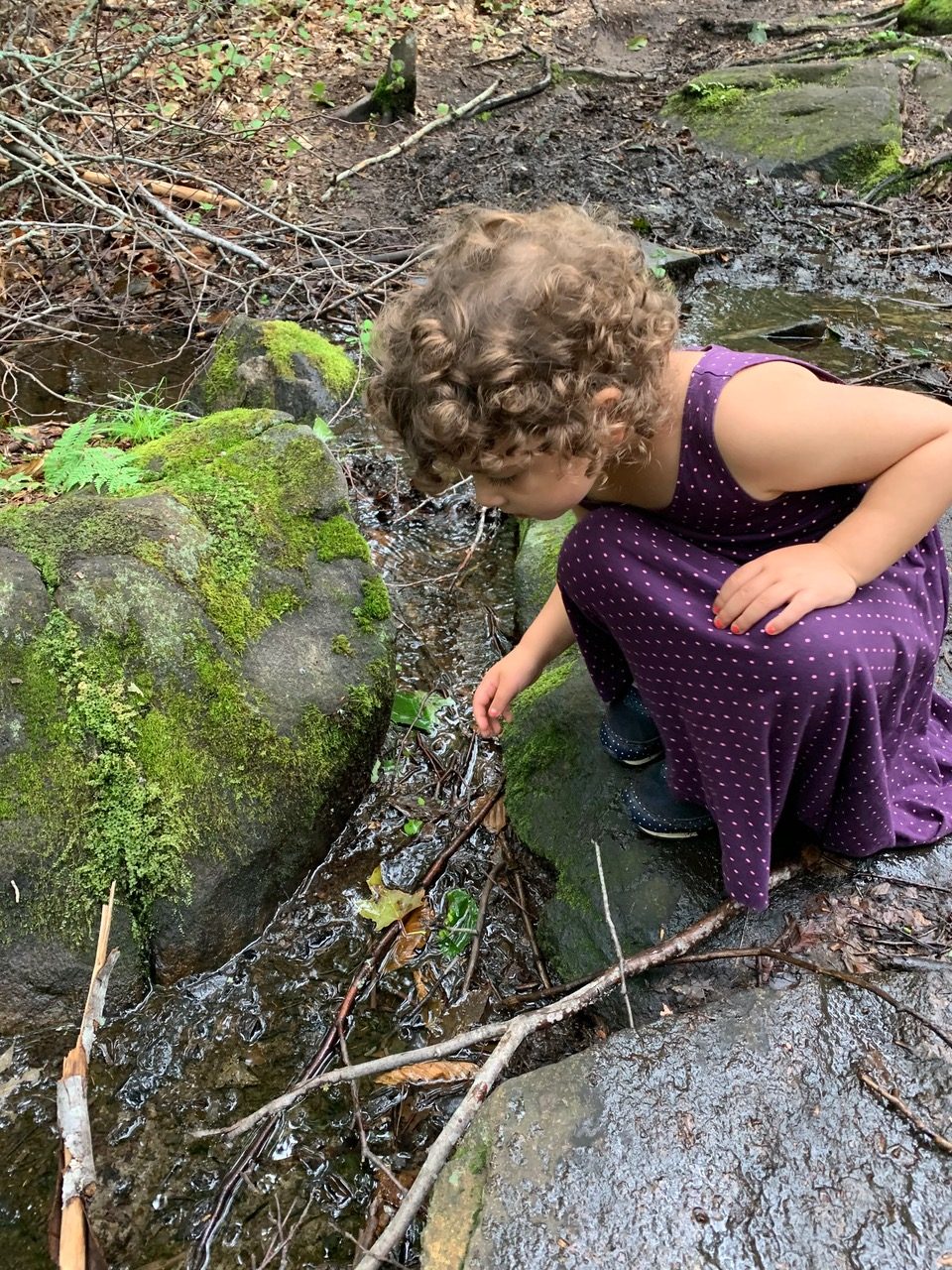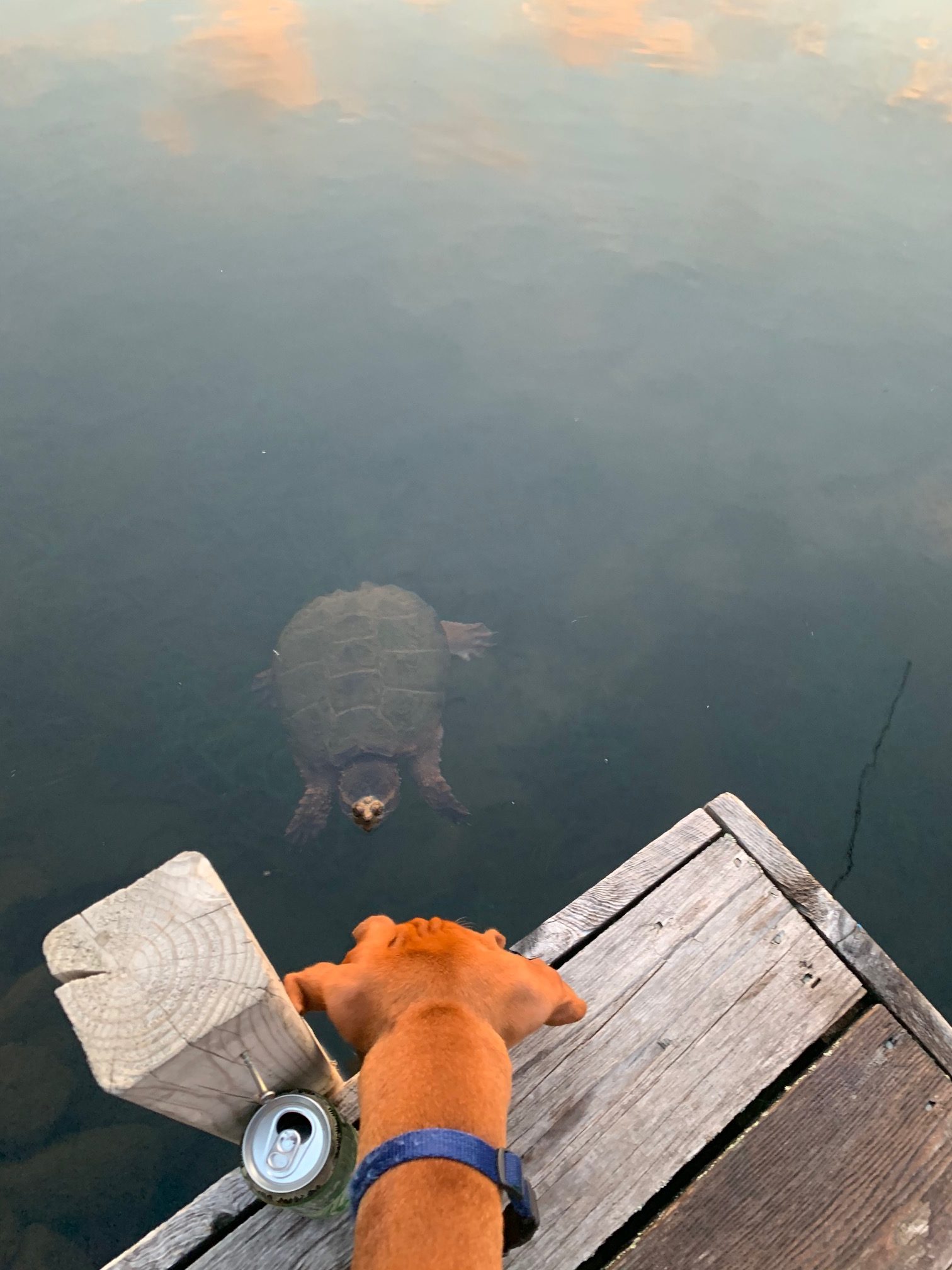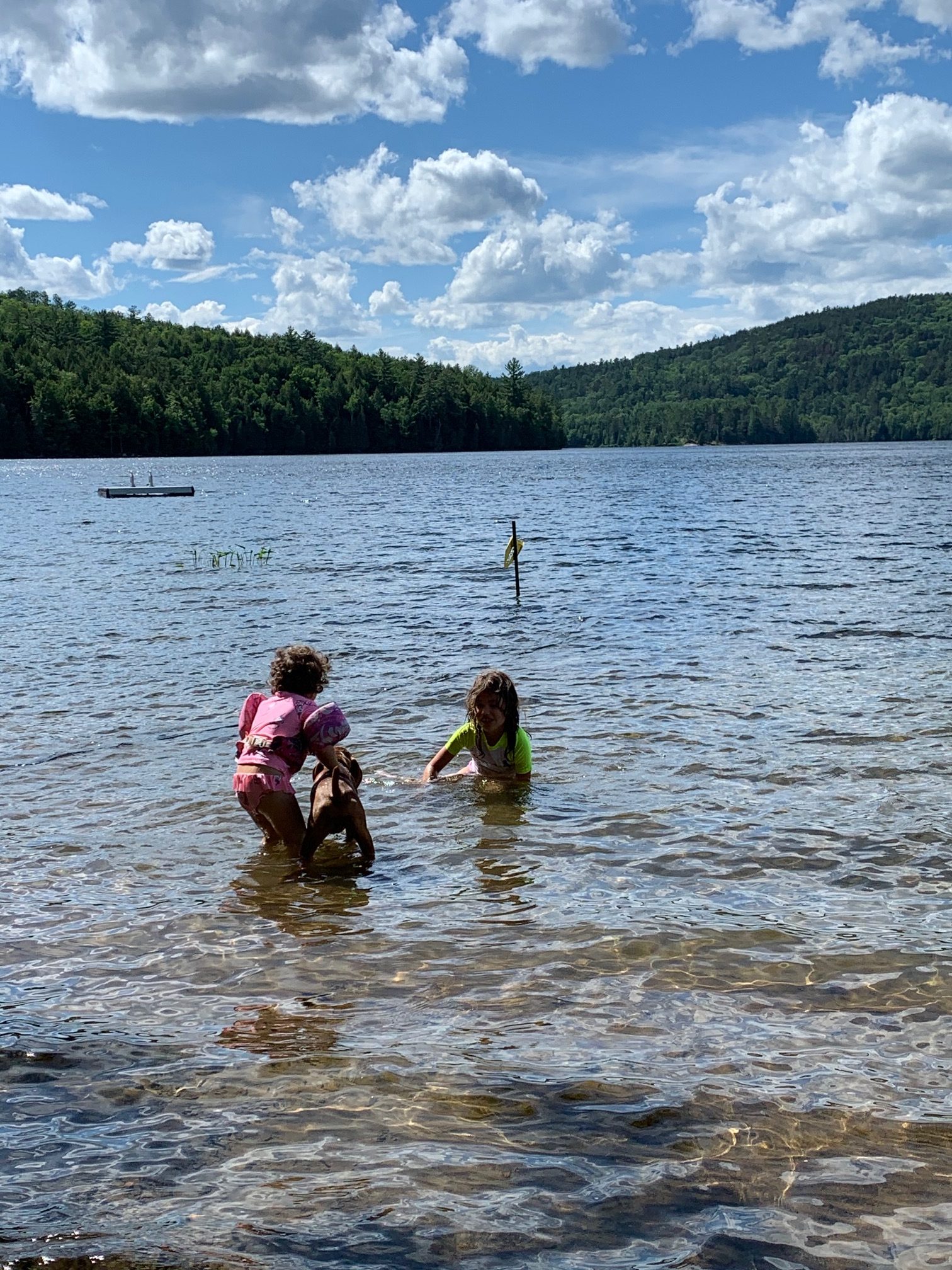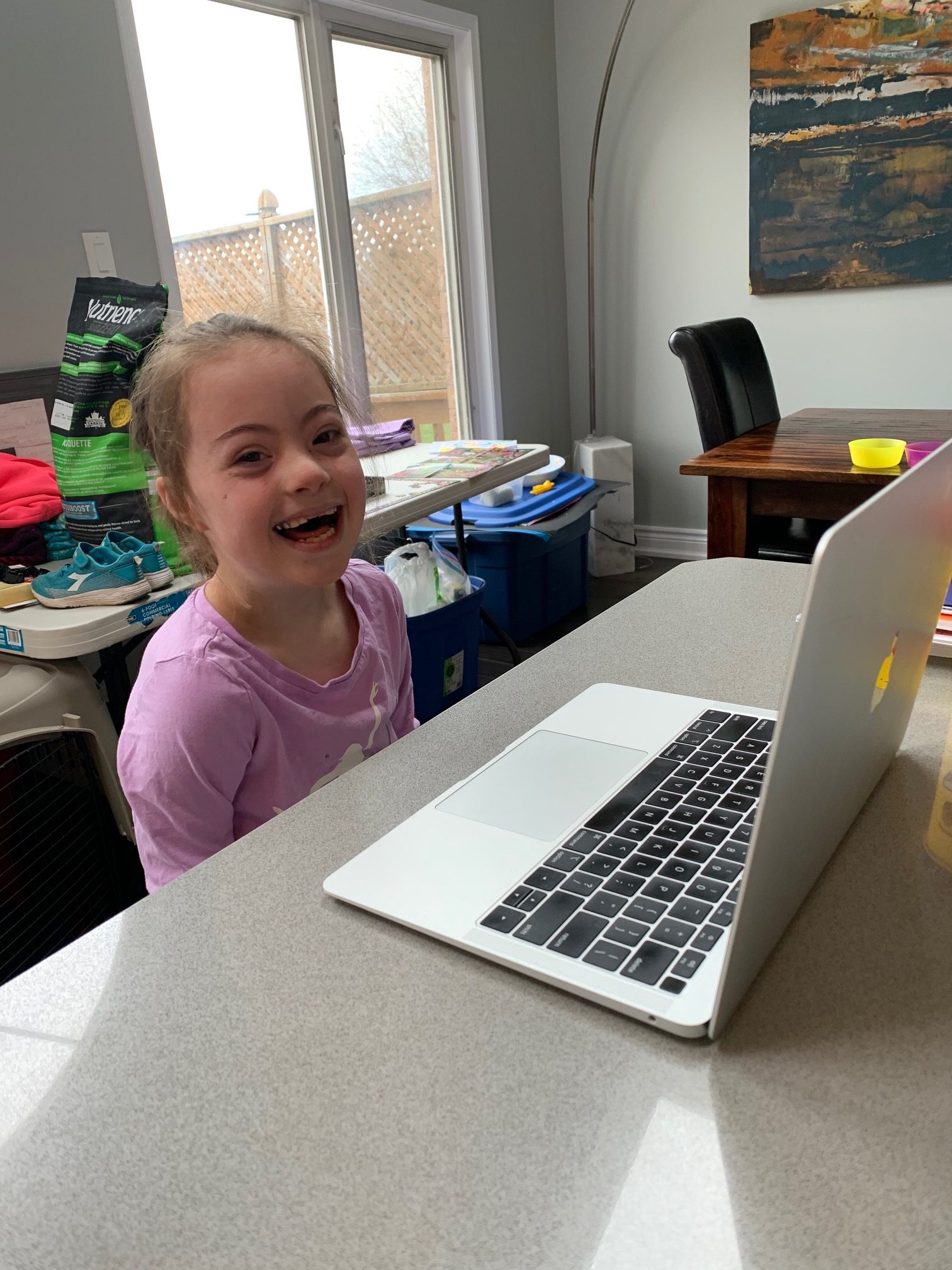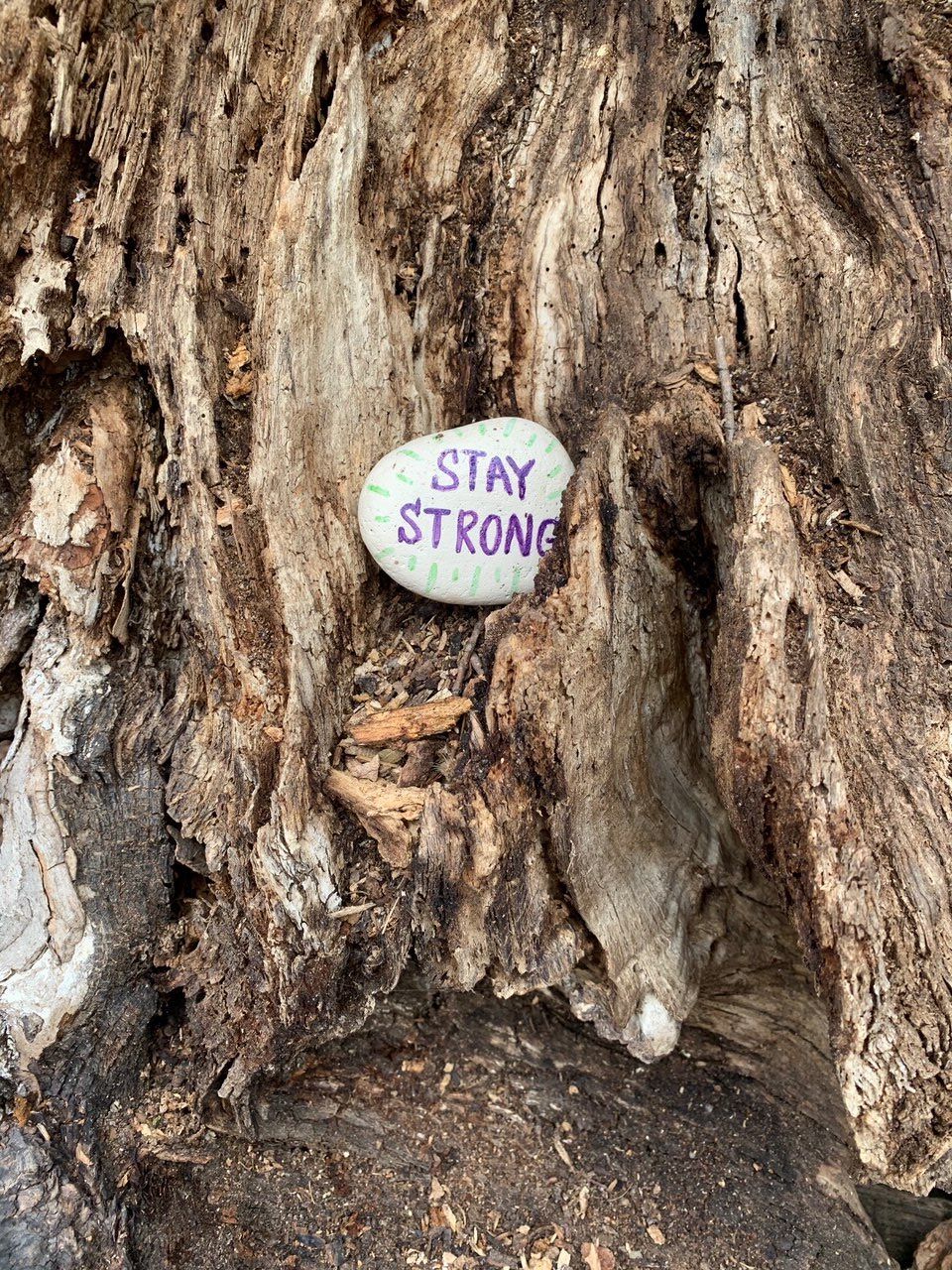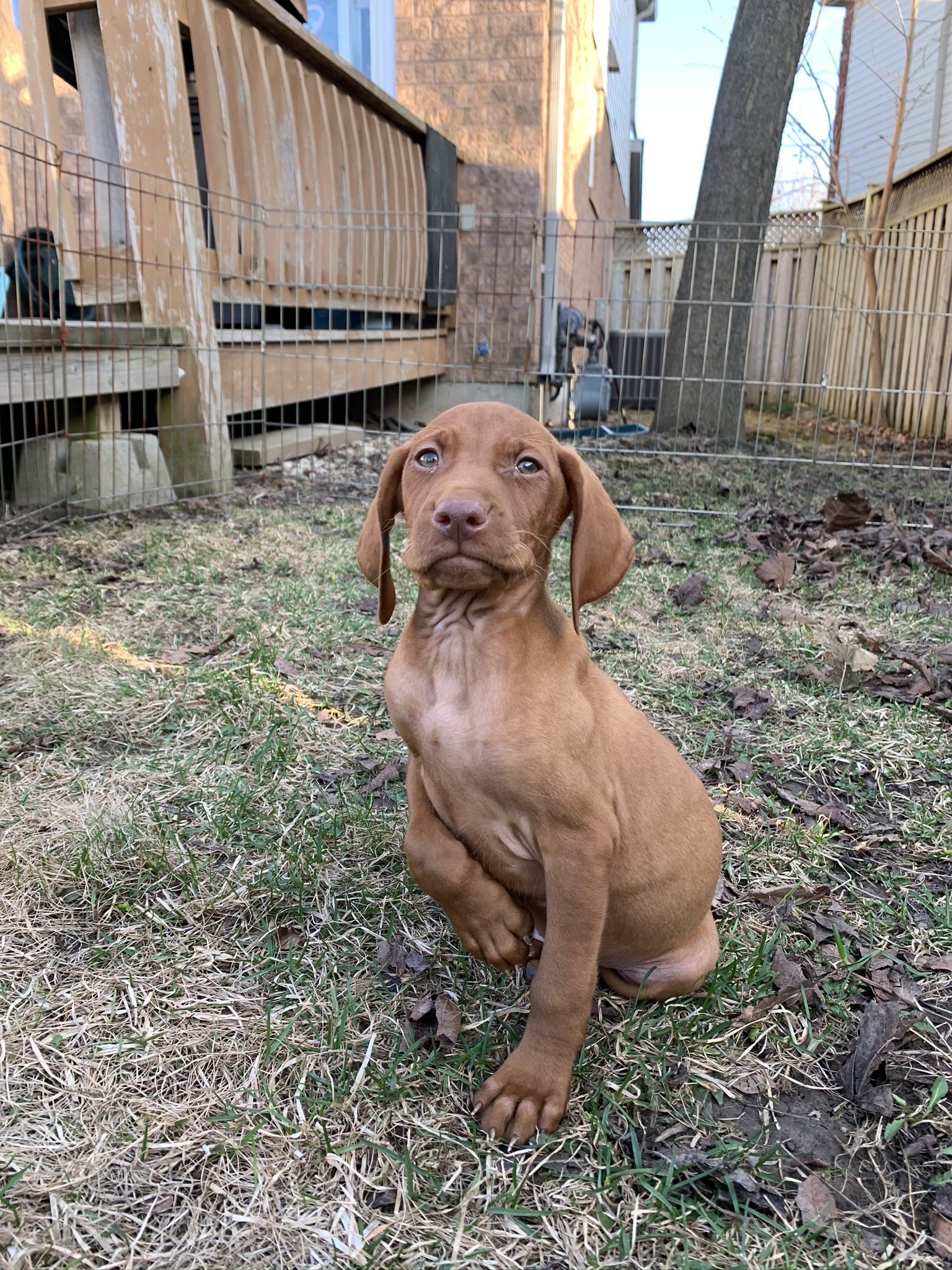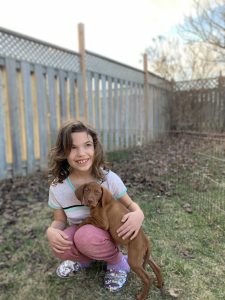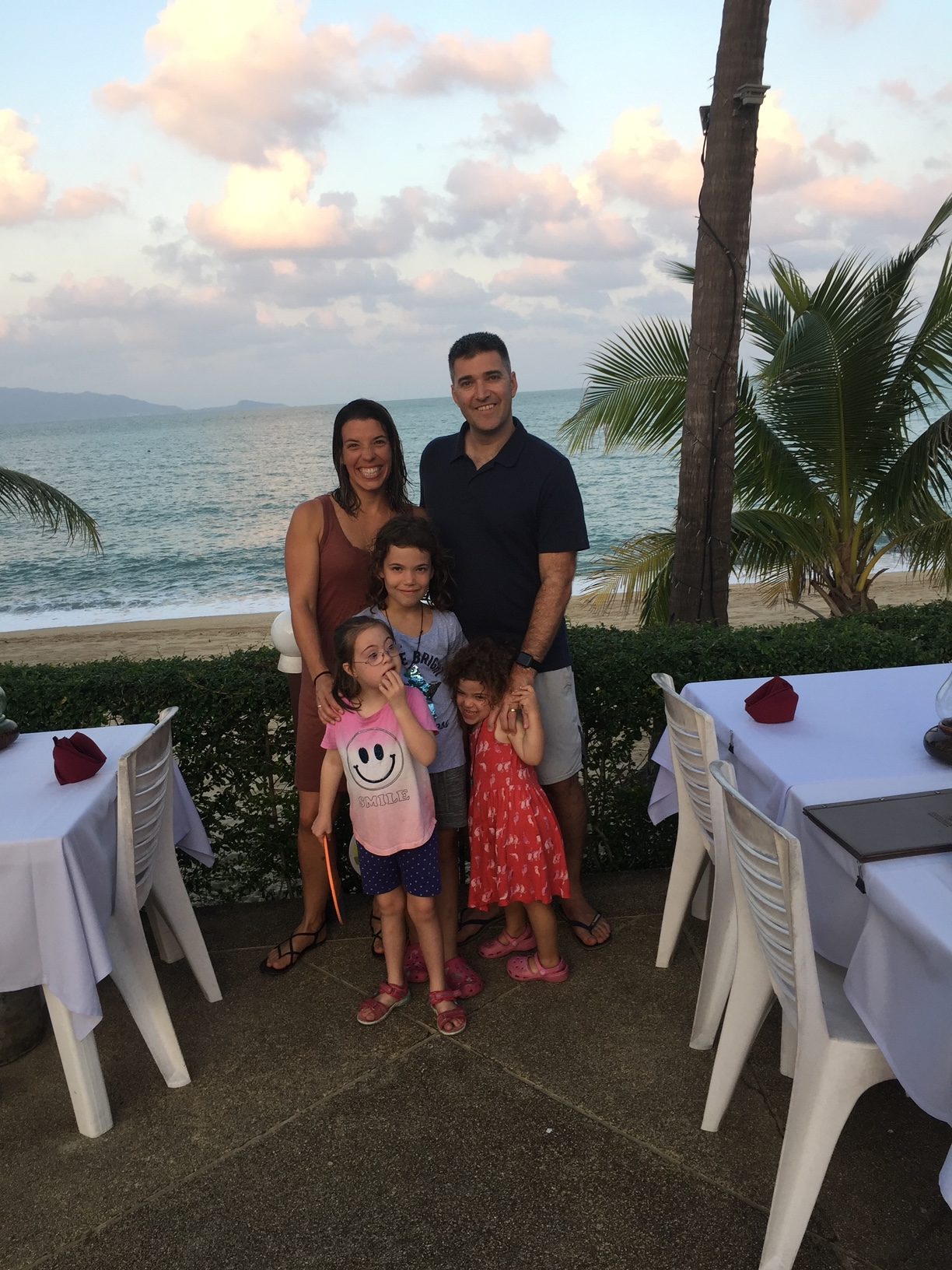We learn in a multitude of ways. Directly, from others. Directly, from ourselves, from the front row seat of the skins we inhabit, with our bodies, our five senses.
I’m standing at the end of our dock in my underwear. I have de-clothed after a forty-minute run in an attempt to convince myself I should jump into the lake. The air feels cool, it’s fifteen degrees Celsius and there’s a breeze. The lake temp is in the seventies – that’s not bad. Already, here, up North in the Madawaska Valley, fall is sidling in. A smattering of trees are painted in hues of warm colours.
My toes hang over the edge of the dock, and I’m wrestling with myself over going in when a large white orb torpedoes by under the water right before my eyes. My first thought is baby sea turtle! But of course, there are no sea turtles in our lake. The creature seems too big and moves too quickly to be a snapping turtle.
I don’t have to guess for long.
The beautiful loon crests a few meters to my right.
Wow, I think, surprised a loon can move that fast under water. To have read the fact would not have sufficed; experiencing the loon move with such streamlined speed and grace is now forever etched in my mind.
I jump in off the dock and feel the water against my skin, warm and not unpleasant as expected.
Recently, we had my sister-in-law and her family visit us at our cottage. My brother-in-law is a trained and practising ecologist, an environmental consulting expert. I ask if he’d like to join me on a grueling hike, in the rain; the ascent goes skyward, but the lookout at the summit is dazzling and worth the exertion. He agrees.
The hike has become a right of passage, an initiation of sorts, to life at the cottage and an introduction to the stark and startling beauty of the area. On certain days, the climb involves blazing heat and humidity that leaves your neck and t-shirt soaked and bugs sticking to you like Velcro. On other days, as was the case when my brother-in-law agreed to hike with me, the rain renders the path muddy, the rocks that protrude slick. On the way down, my foot gives way beneath me. I catch myself, elbows in the mud on either side of the rock that would have bruised my spine.
“You okay?” my brother-in-law asks.
“Yep. Close call.” It’s all part of the climb.
I can tell a lot about a person by the way they make it up the mountain.
I power through the path, half at a run pace, treating the hike as sport, legs strong, hopping off rocks with vigour. Sometimes I pretend I’m flying, while keeping a solid pace.
Dan, my husband, keeps pace with mine, never pulling ahead of me or falling behind. He knows I like to take the lead and that I expect him to keep up. We talk amicably, easily, on the way up and congratulate ourselves for exploring and for breathing heavy when we arrive at the top.
“Good exercise!” We both agree, cheerily enough.
He empathizes over my attire; I would not have chosen to wear a summer dress had I planned this unexpected detour. He understands my need to plan. He takes my picture at the summit when I’m not watching. He offers me a sip of his water, even though I have my own. He pets our dog and does most of the caring for him. He poses in pictures with me, even though I know he doesn’t particularly like to do so. He kisses me, a quick peck, back at the van. We’re both sweaty.
My brother, my little brother as I call him, sets off up the trail ahead of me, head down, and at a fast pace. We take turns chasing one another up the mountain. I think that we are racing and having fun. We sweat equally hard. We discourage the dog from biting at our fast heels, equally. He really appreciates the view at the top, as do I. At one point, he worries about the dog being too close to the edge. I agree and we rein him in. We are both parents. He is okay with me snapping a few pictures of us, but even having owned a photography business, he takes few to no pictures himself. I think it’s because he has owned the photography business. We talk little on the way up, neither one of us can much breathe, but we engage in friendly chit-chat on the way back down. Afterwards, we chug back water and he thanks me for taking him there.
My friend, a woman my age, approaches the hill with wonder and excitement. She asked to do it once I mentioned it. I feel the urge to check back on her as we make our way up, but she shoos me ahead, insisting she’s fine. She never complains, though her ankles give her trouble. She is excited about the view before we even get to the top. She takes many pictures. She snaps my picture from behind – an action shot – and I pause to take a few of her, too. I hold the dog and keep him moving ahead so that he won’t bite at my friend or knock her off the edge of the mountain. The dog is incredibly strong. At the top, she orchestrates a photo shoot and I oblige. She admires the view fondly, fully. She expresses some regret – guilt? – that her husband is not also enjoying this activity, the climb and the view. She worries about him. We pick our way back down the trail slowly. She tells me I remind her of a spry woman in her sixties she sometimes hikes with who blazes along the path, while she often trails behind.
“I want to be fit like her when I’m that age,” she says.
We talk about fitness, how my friend has lost weight – and she has, noticeably – but that she doesn’t weigh herself.
“That’s just a number,” she says. She goes by how she feels. I completely agree, though I know my number, more or less. I know best by the way I feel, too.
At one point near the end, I spot a harmless house fly against her neon green tank top and calmly reach to flick it off. My friend’s happy and calm demeanor changes, her face drains.
“Is there a BUG on me?”
“Yah, but it’s just…”
She’s flailing her body, shaking her head and hands.
“A fly.”
The offending beast is gone, close call. We share a little laugh.
My brother-in-law is happy to tag along behind me up the mountain, and I enjoy looking back over my shoulder at the scientist at work. He is completely lost studying the local flora and fauna. The ecologist in him shines. He reminds me of my toddler, always lagging behind on our family hikes, bent over a branch to examine this leaf, or that blade of grass. His childish nature is glorious to witness. Simultaneously, there is a meta-analysis happening: the ecologist observing plants in their natural habitat, the writer observing the ecologist observing the plants; the writer taking a snapshot of the scene in her mind; the ecologist collecting samples, “I’ve never seen this before,” he later exclaims, photographing a generic-looking stem he’s collected. His very words become the evidence of the writer who is the documenter of human behaviour.
I frequently stop climbing and wait for him to catch up. His eyes never leave the side of the trail, his hands are busy delicately grazing this or that greenery. We ascend mostly in silence. He seems unbothered by any physical discomfort the climb is costing him; he’s too busy observing.
Predictably, I reach the lookout before him. I double back with the dog to make sure he’s okay. When he arrives, he exclaims, “I want you to show me where this is on a map so I can take (my wife) and kids.” Also, so that he may document the plant species he has discovered, single samples of which he grasps like a bouquet. I admire his passion, understand it, recognize it in myself.
“That was great,” he says when we’re done the hike.
I ask my brother-in-law to identify tree species on my property. I learn that a hemlock, an evergreen wispy tree with droopy limbs and numerous short needles, is one of my niece’s favourites, and where the forest of red pines is at the top of our drive, and how to tell the difference between the white and the red pine anyway: the white pine needles are long and in bunches of five, whereas the red pine have a reddish trunk and long needles that gather in clusters of two.
My favourite new piece of knowledge from hanging out with my brother-in-law the ecologist pertains to the beech tree. This is where the writer and the ecologist collide.
“They say the trunks of beech trees look like the feet of elephants,” my brother-in-law tells me. The feet of elephants. Somehow this line reminds me of a piece I wrote about the souls of dinosaurs.
I have a look at the beech for myself and I have to agree.

